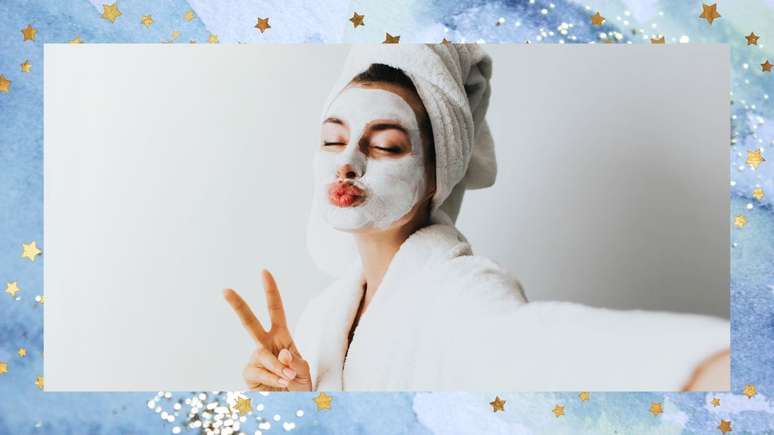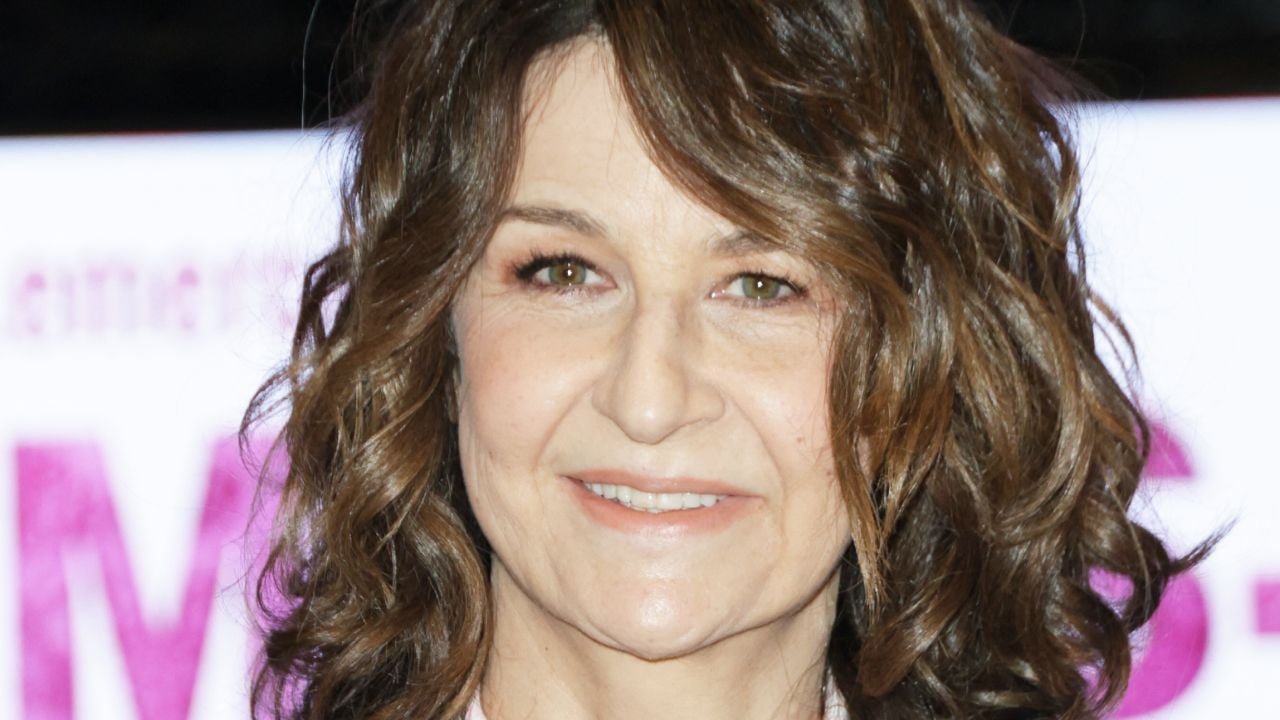The winter season has officially started. With the arrival of colder temperatures, dry air and other changes, our body also ends up undergoing some reactions. Depending on the intensity, these changes can be more visible on the face and the rest of the body. But we can’t stop taking care of the skin, right?
It is very important to understand how to adapt skin care to this new season, but we already have a million questions to answer. Do you still need to pass sun protection? Do I have to double my attention with my hair? Can the cure routine continue the same as summer? But calm down, we answer everything!
Is it normal for the skin to become drier in winter?
YES! Low humidity of the air and the drop in temperature lead to a decrease in body sweat. In this way, the skin becomes drier and rough and can even have peeling and redness in some areas. The skin is also compromised by hot baths and which require time, since hot water causes the intense removal of the natural oily of the tissue, reducing the hydrolipidic cloak that maintains humidity and protects the skin.
“Avoiding hot bath is an important cure. Another essential cure with the skin is in relation to hydration, as it is the step for the care of the skin responsible for preventing the dry skin and should therefore be performed based on the type of skin of each patient”, recommends the dermatologist Dr. Abdo Solomon Jr ..
It is important to avoid aggressive cleaning products for the skin and invest in hydration with products that will reduce water loss. We should not forget to eat a lot of water and invest in a healthy diet, which should contain vegetables, fruit and vegetables rich in vitamins and minerals, such as vitamin C.
Do I have to apply sun protection in winter?
For sure! There is no way, sun protection is of daily and indispensable use. The ultraviolet radiation, even in winter, cause damage that compromise the support structure of the skin, causing the premature appearance of wrinkles and relaxation, as well as spots as a reaction to the photoplace. And this is also true for those who are at home, as UV radiation go beyond glasses and windows.
“The orientation remains to reapply the photoprotective every four hours in closed environments. The filter must have titanium dioxide or zinc oxide in the formulation: these are important physical blockers”, explains Dr. Paola Pomerazeff.
Should the routine of winter skin care is the same as summer?
No, because skin needs change according to the season. “In winter, the skin is naturally more dry because of the cold, low humidity, hot baths and constant winds. Therefore, it is necessary to adjust the products from necessity to this new moment, in search of cosmetics that favor the skin this season”, recommends the expert.
Is it true that the pollution that damages the skin is greater in winter?
REAL! In winter there is a phenomenon known as thermal reversal, when the cold air is prevented from circulating by a layer of hot air. Consequently, the layer of cold air is retained in the regions near the earth’s surface with a large concentration of pollutants, which are extremely harmful to the skin.
It is therefore interesting to invest in cosmetics formulated with anti -Pole activities, which have different mechanisms to combat the action of pollutants on the skin, such as the formation of a biomimetic shield or a protective film on the skin tissue. Bet on the antioxidant action!
Should the hair be a concern in winter?
With the drop in temperature, the bathrooms become longer and warmer and the scalp, which is rich in sebaceous glands, undergoes excessive dryness caused by high temperature. The result is the production of oiliness of the rebound, which makes the threads heavy and promotes the emergence of dandruff and hair. Furthermore, with low air humidity, it is common that the threads become drier and subject to breakage.
“Therefore, it is important to invest in care how to avoid hot baths, use a weekly nourishing capillary mask, reduce the dryer frequency, always applying thermal protection when you use it and do not forget to consume water, fruit and vegetables, which help hydration”, advises dr. Abdo.
Source: Terra
Ben Stock is a lifestyle journalist and author at Gossipify. He writes about topics such as health, wellness, travel, food and home decor. He provides practical advice and inspiration to improve well-being, keeps readers up to date with latest lifestyle news and trends, known for his engaging writing style, in-depth analysis and unique perspectives.









